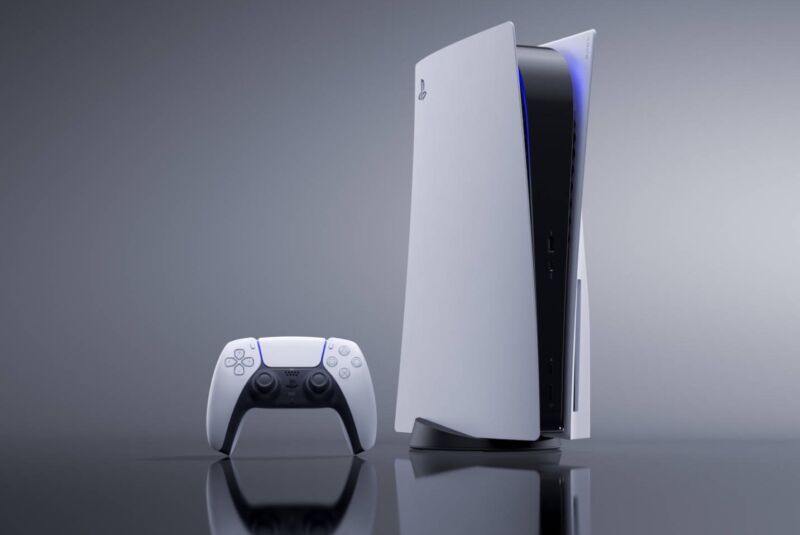
Mark Zuckerberg’s recruiting some help to inch his metaverse vision closer to reality.
On Friday, Meta and Qualcomm announced they’re partnering up to design custom chipsets for Meta’s virtual reality headsets which they believe could power, “a new era of spatial computing.” The multi-year agreement between the two companies will see Meta’s Quest headsets powered by Qualcomm’s Snapdragon tech. The agreement means Meta, unlike other competitors like Google and Apple, won’t ship hardware with its own processor for the foreseeable future.
“As we continue to build more advanced capabilities and experiences for virtual and augmented reality, it has become more important to build specialized technologies to power our future VR headsets and other devices,” Meta CEO Mark Zuckerberg said in a statement. “Unlike mobile phones, building virtual reality brings novel, multi-dimensional challenges in spatial computing, cost, and form factor. These chipsets will help us keep pushing virtual reality to its limits and deliver awesome experiences.”
Meta and Qualcomm aren’t exactly strangers. The Quest 2 headset currently uses Qualcomm’s Snapdragon XR2 chipset, and the two have worked together for the better part of seven years. Friday’s deal, according to Qualcomm, “solidifies the mutual commitment to deliver multiple generations of premium devices and experiences powered by custom VR platforms in the years to come.”
Regardless of what you may think about Zuckerberg’s vision for a legless cartoon workforce, consumer interest in headsets are clearly on the rise. Global shipments for VR headsets shot up 241.6% in the first quarter compared to the same time last year according to IDC data. On the consumer front, Meta’s Quest products are the undisputed kings. Meta’s headsets accounted for a staggering 90% of the overall market, thanks in part to its alleged strategy of leaning on more profitable sectors of its business to artificially reduce headset prices…and steer away competition in the process. All that investment’s starting to add up though. The company reportedly lost $2.81 billion from just $452 million in revenue from its Reality Labs VR division during the second quarter.
“Meta continues to pour dollars into developing the metaverse but the strategy of promoting low-cost hardware at the expense of profitability isn’t sustainable in the long run,” IDC research manager Jitesh Ubrani said in a statement.
Meta resists in-house chip trend
Meta’s decision to continue partnering with Qualcomm slightly diverges from other Big Tech competitors like Apple and Google, who are increasingly opting to create their own chipsets for a variety of products. Google’s already shipped phones with its in-house Tensor chips and reportedly plans to release a line of Chromebooks with a custom-made processor as early as next year. Apple meanwhile continues to evolve and expand its M1 and M2 custom chips in its laptops and iPads.
On the VR side, Apple’s reportedly opting to go it alone as well. According to a June Bloomberg report, Apple’s first mixed reality headset, which could cost as much as $3,000, could come equipped with Apple’s M2 processor and 16 gigabytes of RAM. Then again, Bloomberg also discovered a patent filing this week for a “Reality Processor” which suggests Apple could be working on its own custom-made chipsets for its eventual headset. Those are a lot of what ifs and maybes, but given Apple’s trajectory it seems like their headset, which may be the only headset able to truly rival Meta’s in the consumer market, will likely ship with an in-house chip of some kind.
Article From & Read More ( Meta’s Dragging Qualcomm Into Its Metaverse Hell for the Foreseeable Future - Gizmodo )https://ift.tt/H5iwZQL
Technology

No comments:
Post a Comment